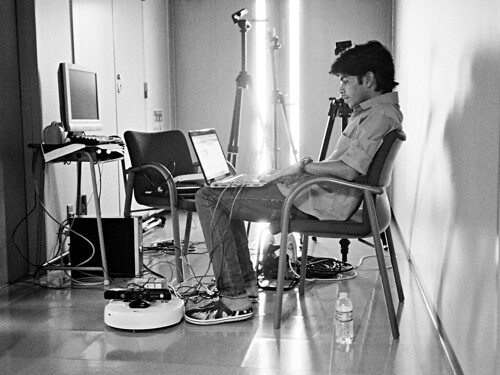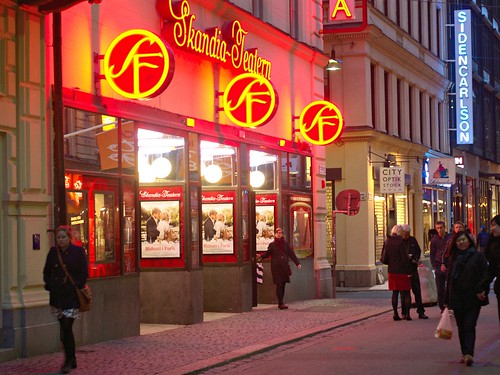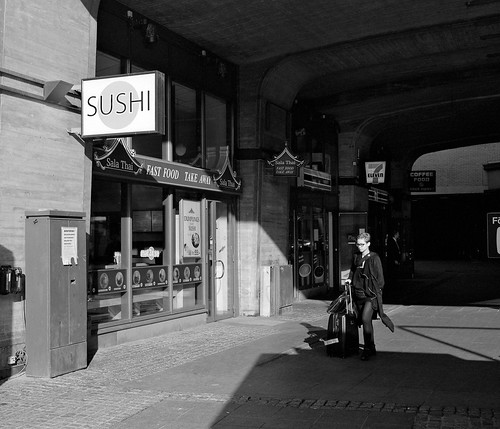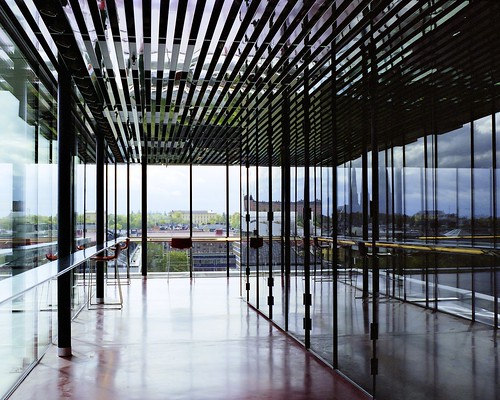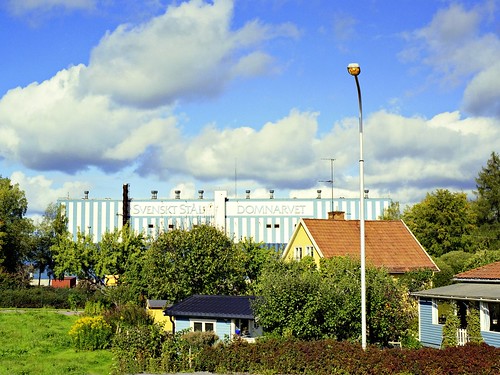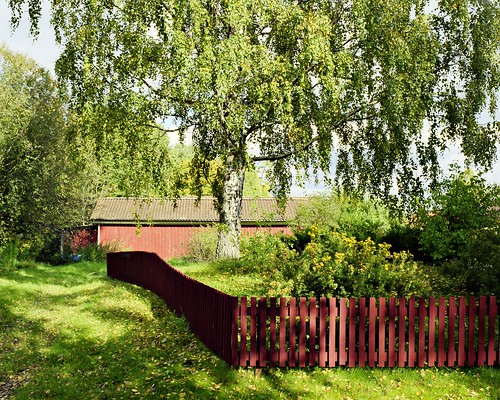The title in this recent paper in PLoS One says it all, really: Effectiveness of Biosecurity Measures in Preventing Badger Visits to Farm Buildings. What is a paper on badger control doing in a highly respected science publication?
For one thing, it shows us an important fact about science: Science is a method. It is not about what you study, but about how you study it. Preventing badger incursions is legitimate science when you go about finding out in the proper way.
What is that proper way? There's many descriptions out there, focusing on philosophical or practical aspects. But the gist really is that you find answers to questions without getting fooled — fooled by bad data, fooled by badly posed questions or fooled by your own biases and expectations. It boils down to making sure that your results are real, not an artifact of noisy data or influenced by what you wish were true.
This paper is a well-done bit of science, and it also addresses a real problem. Badgers visit farms, presumably to find stuff to eat, and when they do they can infect the cattle with a version of TBC. Badgers and cows don't come into direct contact very often, so the disease probably spreads indirectly, through badger faeces and urine. Stopping badger visits seems like a good idea.
But farms are big and badgers are small. Stopping them altogether is difficult and expensive. It would be great if you could use simple ways to just keep badgers out of the cattle feed storage, where the risk of spreading infection is greatest. But you also want to know what happens if you do that. Say that you stop badgers from getting into the feed but the badgers simply spend more time where the cows sleep instead, then you may have gained nothing.
For one thing, it shows us an important fact about science: Science is a method. It is not about what you study, but about how you study it. Preventing badger incursions is legitimate science when you go about finding out in the proper way.
What is that proper way? There's many descriptions out there, focusing on philosophical or practical aspects. But the gist really is that you find answers to questions without getting fooled — fooled by bad data, fooled by badly posed questions or fooled by your own biases and expectations. It boils down to making sure that your results are real, not an artifact of noisy data or influenced by what you wish were true.
This paper is a well-done bit of science, and it also addresses a real problem. Badgers visit farms, presumably to find stuff to eat, and when they do they can infect the cattle with a version of TBC. Badgers and cows don't come into direct contact very often, so the disease probably spreads indirectly, through badger faeces and urine. Stopping badger visits seems like a good idea.
But farms are big and badgers are small. Stopping them altogether is difficult and expensive. It would be great if you could use simple ways to just keep badgers out of the cattle feed storage, where the risk of spreading infection is greatest. But you also want to know what happens if you do that. Say that you stop badgers from getting into the feed but the badgers simply spend more time where the cows sleep instead, then you may have gained nothing.
The authors set up surveillance cameras on a number of farms. For a whole year they simply recorded the number of badger visits to various areas on the farms. Then they picked farms with badger visits (not all of them had a badger problem) and divided them into three groups: One got badger barriers around the cattle feed area; one around the sleeping area and one got both. Spend another year recording (and analysing all those those hours of recording must have been painful for some poor graduate student) then analyze the results.
What did they find? All barriers were effective in reducing badger visits, and barriers around one area reduced, not increased, visits to other areas as well. Barriers around both areas were most effective, but the feed area barriers were almost as effective.
Think of what they did to get to that result. They decided at the outset what question to ask and what would be an acceptable kind of answer. They first just recorded visits so that they'd know the baseline of visits, and they spent a whole year doing so, since the badger frequency likely changes over the seasons. Then they changed things systematically — add barriers to one, other or both areas, covering all possibilities — and recorded for another year.
And they were careful to set precise criteria for the recording and analysis beforehand — what does and does not count as badger visit, what to do with the data if a camera doesn't work part of the night, if a barrier was down, that sort of thing — so that their own expectations wouldn't influence the analysis. They were careful to use statistics to find out how likely the changes they saw were real and not just due to chance.
Whether you're looking for badgers or bosons, it's this painstaking attention to remove errors, uncertainty and biases that makes it science.


